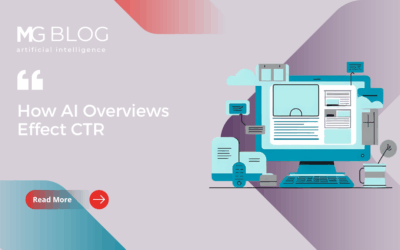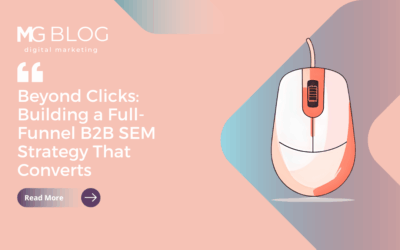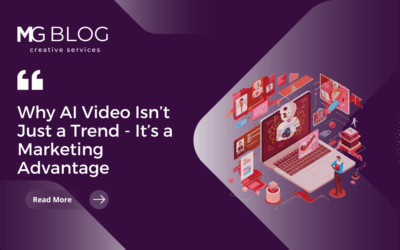Cambridge Analytica is on the tip of everyone’s tongue these days. Facebook’s stock took a serious hit, the company is now facing lawsuits, and even Facebook-owned WhatsApp’s Co-Founder Brian Acton wants you to delete your account.
But the big question facing the marketing industry is: will this “delete Facebook” movement blow over once Facebook begs for your forgiveness, updates its practices, and does a goodwill tour? Or do you think there will be measurable user base erosion that will actually stick this time and impact how advertising dollars are allocated from here on out?
Some of the writing is already on the wall. For, example Commerzbank and Mozilla have suspended ad campaigns. It’s still early on though, so it will be interesting to see what real dollars are impacted by the anti-Facebook movement. AdWeek’s article on the topic suggests that marketers aren’t shifting budgets yet, but they are uneasy about the platform.
The allure of the goldmine of targeted data across digital Facebook, Messenger, and Facebook Audience Network could be too much for advertisers to resist long term, at least in the consumer space. Meanwhile, many of the defectors are flocking to alternatives like Instagram, which, of course, Facebook owns.
At the end of the day, advertising effectiveness is only as good as the data and targeting, and we all know who has the best sources. Facebook would be wise to heed the saying, “With great power comes great responsibility,” especially when there are other advertising options out there that theoretically subscribe to a “don’t be evil” philosophy. For the B2B world, platforms like LinkedIn could also certainly see a bump as marketers look to balance advertising spends with their own feelings of “ickiness” toward Facebook.
So, in this case, user trust = brand investment. If consumers learn to love Facebook again – or even just default to apathetic – marketing dollars will continue to flow. Maybe just not as heavily next time…
What do you think? Are you reevaluating your company’s ad spending based on the Facebook controversy? I’d be interested in your thoughts – and actions!




